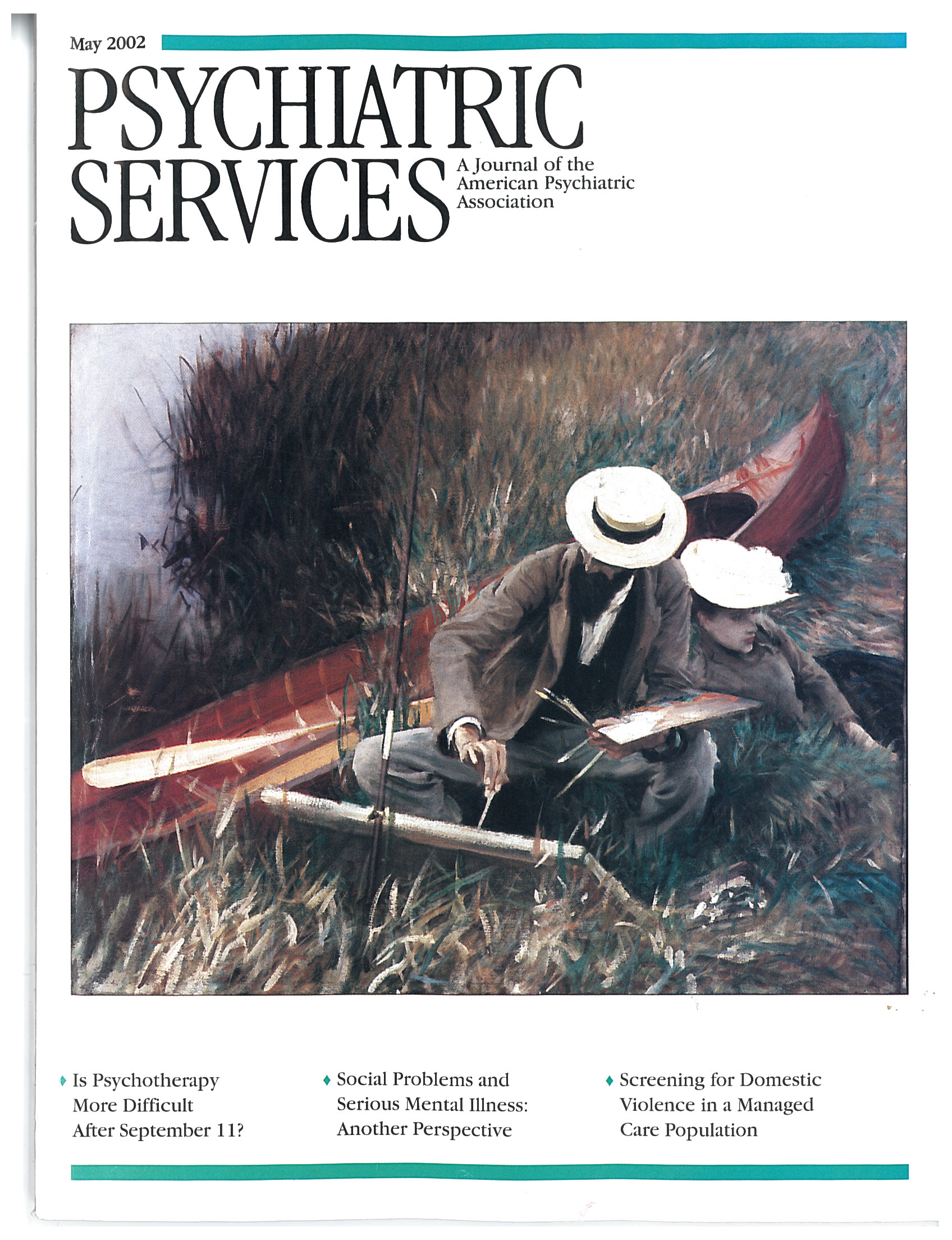Complicated Grieving and Bereavement: Understanding and Treating People Experiencing Loss
I received this book to review soon after the events of September 11. It was an awkward experience to review a book about loss when the number of lives lost in the terrorist attacks that day was so high. I wondered how any book could help individuals and communities grieve and cope with such loss. However, I was impressed by the content of this book and its emphasis on what are probably the very ideas that are essential in helping people cope.
The editors of Complicated Grieving and Bereavement are highly knowledgeable in the field of bereavement and death. Drs. Cox and Bendiksen, both sociologists, and Dr. Stevenson, an educator, have received awards and other recognition for their work in this area. The authors of the various chapters are from diverse disciplines and backgrounds; indeed, a review of the list of contributors itself suggests that the volume emphasizes a comprehensive psychosocial approach to dealing with losses.
The book is well organized and highly readable. It begins with a discussion of the role of caregivers. It is important for caregivers to be aware of and to understand the effects that providing grief counseling will have on them if they are to do the counseling well.
Several chapters in the book are devoted to the issues of children's grieving and ways of helping them deal with loss. These chapters not only emphasize traditional counseling methods but also point to the importance of strengths within children's culture, such as the role of popular music.
The issue of spirituality in grief and bereavement receives extensive coverage in the book. This is especially pertinent because people often seek only pastoral care for their grief, or they seek it first, before they seek mental health counseling. It is important for mental health caregivers to understand the strength of spirituality for the individual, the dynamics between spirituality and mental health, and how best to integrate the two.
The book also examines the role of grief in several distinct populations, including persons with mental illness and those with dementia. The authors emphasize that while caregivers may naturally wish to protect such persons from grief, they should also recognize their strengths and the importance of using these strengths in the grieving process. The special issue of miscarriages is also highlighted.
Particularly poignant in light of the September 11 disaster are the chapters dealing with viewing the dead and with grief over soldiers who are still listed as missing in action. For many, closure or some form of saying good-bye to their loved ones is a critical part of bereavement. The chapter on viewing the dead identifies some of the issues that are involved when the viewing is not possible or when a deceased person cannot be buried whole.
The authors of Complicated Grieving and Bereavement identify important issues involved in bereavement, but, more importantly, they emphasize the use of the many strengths our patients can draw on. They address a variety of practical issues, many of which seem especially applicable in the aftermath of the recent terrorist attacks. This book is a valuable addition to the resources of any clinician who will deal with loss and bereavement.
Dr. Ng is medical director of Disaster Psychiatry Outreach and clinical instructor of psychiatry at New York University School of Medicine in New York City.



